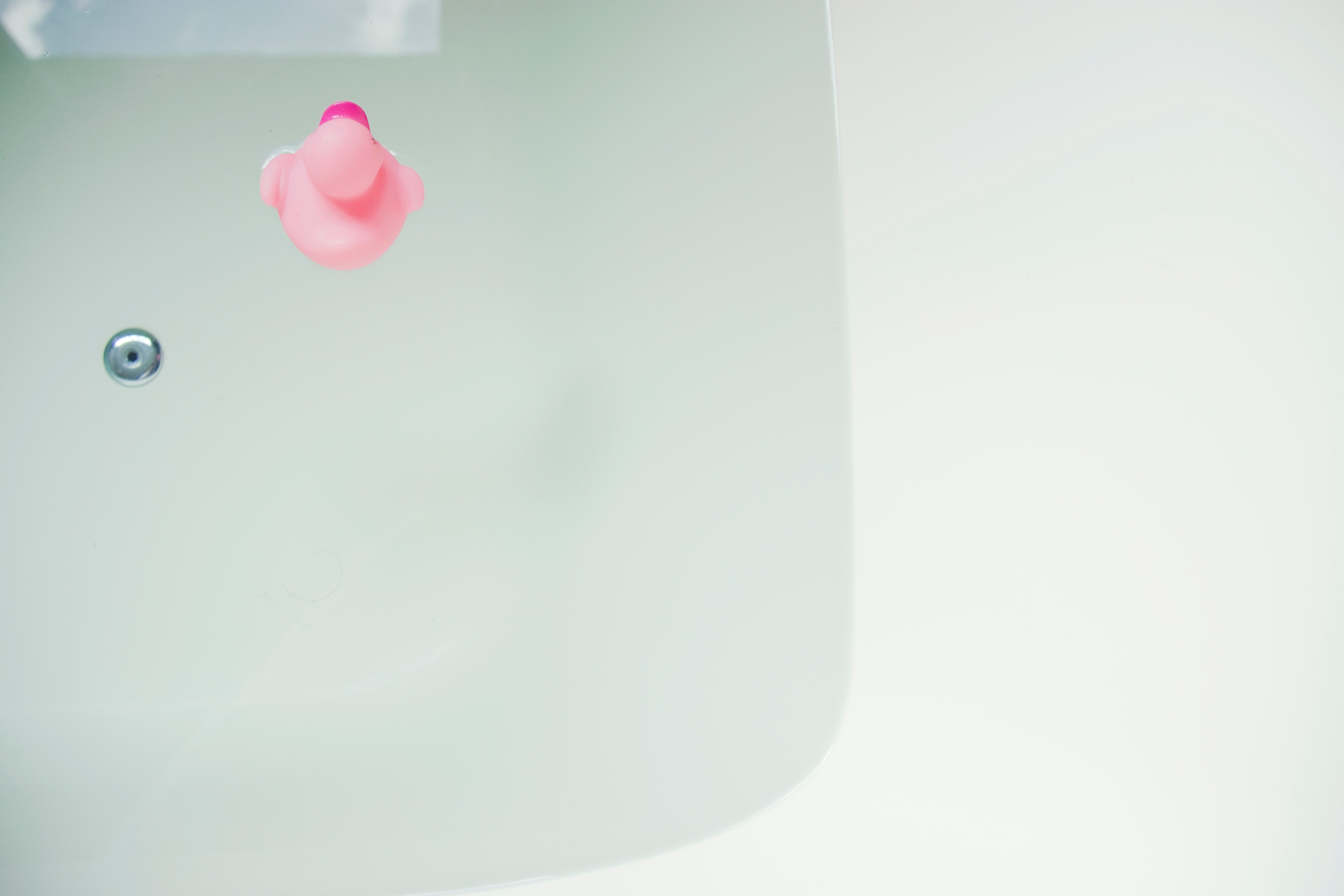You have a list of 50 things to do today. So you slept less, drank more coffee, got something to eat on the go and then forgot about taking care of yourself.
Maybe you didn’t totally forget, but it had to get pushed to the bottom of the list. Self care can start to feel like one more thing you add to your list and that becomes overwhelming.
Because everything else is urgent self care feels optional.
But it’s not.
In order to kick ass at adulting you have to have a solid foundation.
That foundation is your self care routine. Self care is whatever you need to do, say, or think in order to feel stable and in control of yourself.
I have my own non-negotiable self care routine. Every month I get acupuncture, and trade NETtreatments with my friend, Vanessa. If I don’t do those two things I know I am setting myself up for overwhelm and stress.
I am not perfect about my supplements or meditating but I am consistent more days than not. Some of the most important things I do are to manage my thinking and maintain personal boundaries.
These are not negotiable.
Getting a massage or a mani-pedi, while wonderful and relaxing, are only one aspect of self care. It’s important to have a balance of all the types of self care.
THE FOUR TYPES OF SELF CARE
1. PHYSICAL SELF CARE – your basic needs are met. Eating and sleeping fall in this category. But so does personal hygiene like taking a shower. Sometimes when our mental health isn’t strong our physical self care starts to go out the window.
Examples of physical self care:
Eating when you’re hungry, stopping when you’re full
Sleeping the right amount for your body
Drinking enough water
Regularly bathing yourself
Getting haircuts
Things you do that make you feel beautiful and put together: mani-pedi, eyebrows, blow out, facial.
Massage
Exercise
2. MENTAL HEALTH SELF CARE – these are the things you do to make sure your mind is working at it’s peak.
Examples of mental health self care:
Saying no when you don’t want to do something
Taking supplements that enhance brain function
Being organized
Observing and minimizing negative self talk
Practicing positive thinking
Doing one thing at a time
Exercising
Sleeping
3. EMOTIONAL SELF CARE – when you are aware of your emotions and you process them in a healthy way.
Examples of emotional self care:
Noticing and naming your feelings
Expressing those feelings in a healthy way
Setting clear boundaries
Writing in a journal
Practicing feeling positive emotions on purpose
4. SPIRITUAL SELF CARE – maintaining the connection to your best self. Connecting to the part of you that connects you to everyone and every thing.
Examples of spiritual self care:
Meditation
Prayer
Engaging in your purpose
Giving
Gratitude
Now you can check in with yourself to see if you have a good balance of physical, mental, emotional, and spiritual self care.
As you make your self care routine the number one priority you will notice that you feel less overwhelmed, anxious or stressed.
You will be grounded, in control and feel totally equipped to handle life. And what’s amazing is that even the people around you will be more at peace because of your stability.
Which areas of self care are you strong in? Which could use a little more focus?


